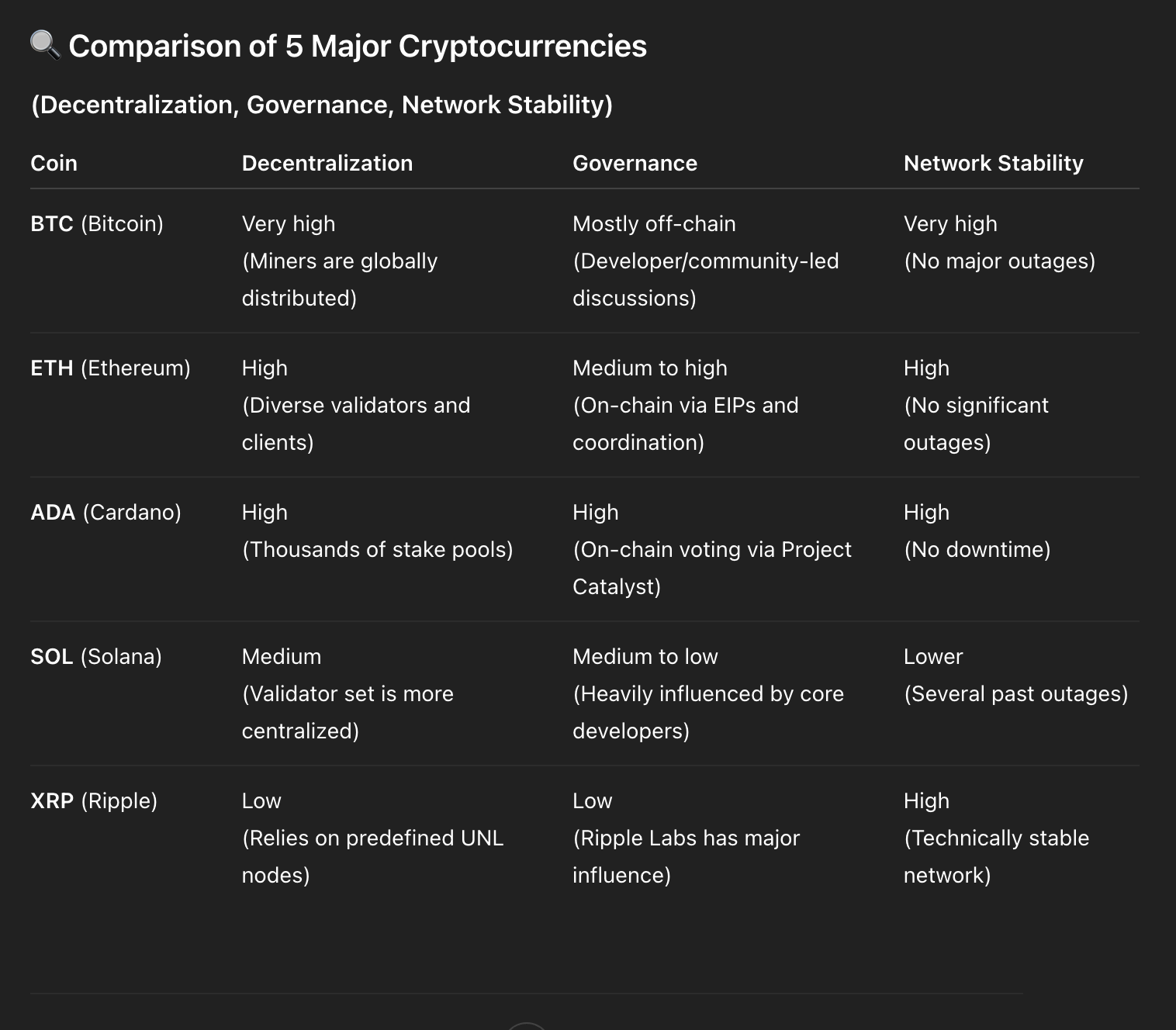『U.S. and Bitcoin』
image extraction: Firefly
The U.S. to stockpile five cryptos: BTC, ETH, SOL, ADA, XRP
The United States announced on March 2, 2025 (with the official presidential order signed on the 6th) that it would begin stockpiling cryptocurrencies. Counting from when I started trading crypto in 2017, it’s been about eight years.
Back in 2017, the term “virtual currency” was still commonly used, and it was just starting to gain traction among the general public. Looking at how things were back then, the announcement from the U.S. this March feels deeply moving.
Even though I’m just a trader—not involved in coin development or exchange operations—I still found it deeply meaningful. So for those who have been involved in crypto for years, the impact must be even greater.
After all, there weren’t even any laws in place at the time. The increase in recognition as of 2025 is remarkable. At the very least, in the U.S., Japan, and Europe, most people seem to know of crypto assets like Bitcoin, even if they haven’t traded them. It’s a huge shift.
The result of lobbying
There’s a rumor going around that the reason the current U.S. president—who was originally opposed to crypto—ended up supporting it and even announced strategic reserves is because XRP affiliates conducted extensive lobbying backed by enormous funds. Personally, I find that to be a plausible explanation.
At the very least, it’s public knowledge that Ripple has been actively lobbying in the U.S.
As for the crypto to be stockpiled, I imagine they settled on a “deal” where, for now, coins confiscated from criminals and such would be prioritized for reserves.
People have suggested the president’s change of heart could be due to a shift in his support base toward younger people and investors, financial backing from the crypto industry, or simply a contrarian move against the Biden administration. Personally, I keep coming back to the fact that XRP was included, which supports the lobbying theory I mentioned.
XRP too…?
Personally, I’m not particularly dogmatic about decentralization. That’s why I used to hold Ripple for a long time, and I’ve even dabbled in Worldcoin (WLD) and BNB.
That said, I imagine many people thought the same thing in March: “XRP too…?” It’s clearly an outlier compared to the other four coins.

(source: ChatGPT)
It’s just barely more sophisticated than corporate reward points—like Rakuten Points, for example—but because it uses blockchain and cryptography, it gets classified as a cryptocurrency. The fact that such a coin made it onto the reserve list is what makes me believe Ripple’s lobbying played a major role in getting the presidential order signed.
If someone were to say the U.S. government is thinking about strategic reserves from a different perspective, that would be a fair point. But if a nation is seriously thinking about the future and stockpiling crypto strategically, I personally believe decentralization should be a key consideration.
What’s the point of stockpiling coins that come with the same risks as fiat currency? I’d love to ask that question. That said, many in the industry probably see the announcement itself as valuable for crypto, and I agree.



